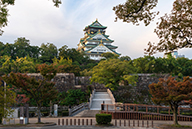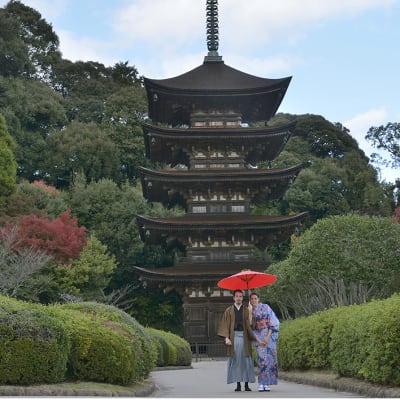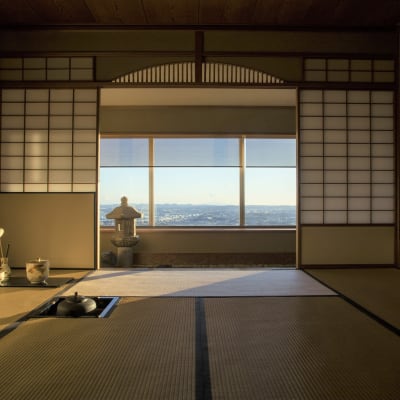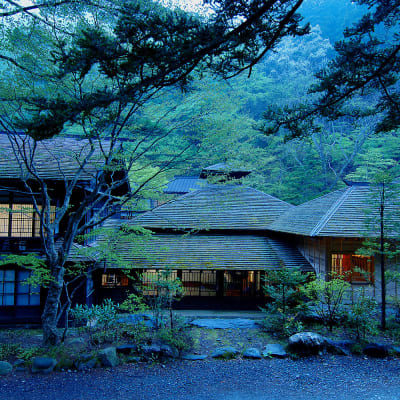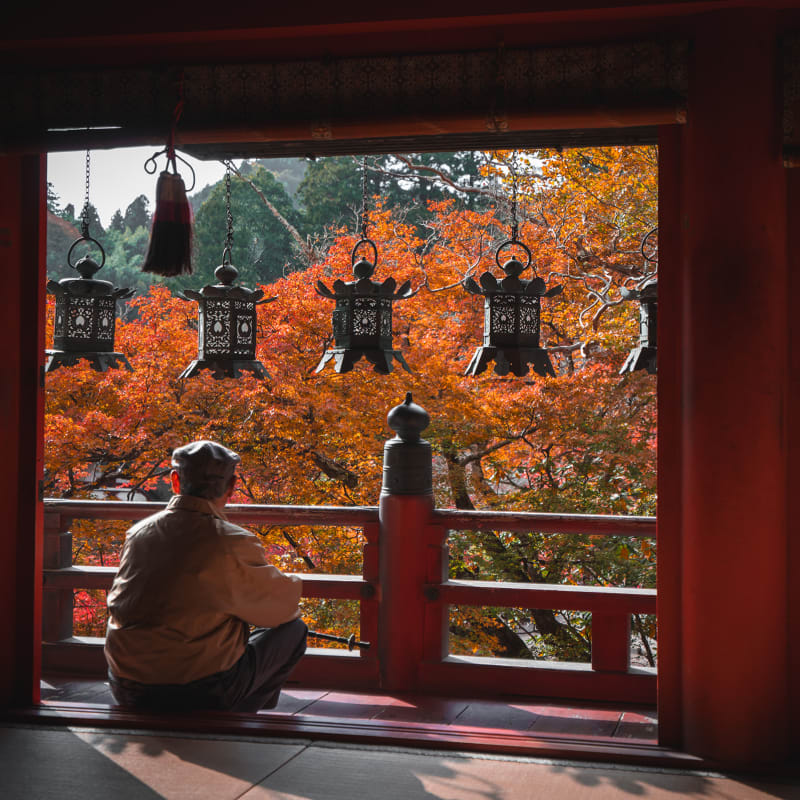HOME > Japan’s Local Treasures > Samurai Spirit of Fukushima
Learning the Samurai Spirit in Aizu-Wakamatsu, Fukushima
Fukushima Prefecture
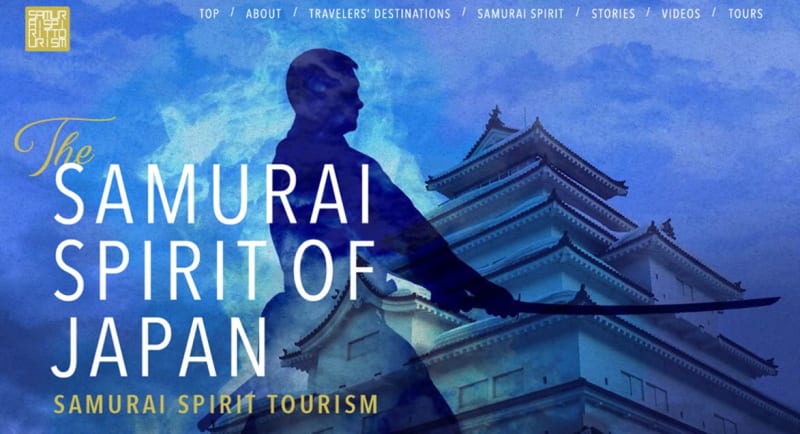
In Japan, the samurai spirit remains even to this day. The spirit can be seen in the attitude of people expressing faith, sympathy, and thoughtfulness toward others as well as loyalty to those they love. Samurai built character in a myriad of ways: physical and mental conditioning; cultivation of character, using a heightened sense of morality; and nurturing an attitude of respectful courtesy. The samurai spirit remains deep-rooted in Fukushima Prefecture, where the last samurai fought until the end of the Boshin War in 1868. The Nisshinkan in Aizu-Wakamatsu was a samurai school for the Aizu clan at the end of the Edo period (1603-1867). Here, children of the samurai learned the spirit and martial ways of the samurai. The famous Byakkotai soldiers also learned the samurai spirit at the Nisshinkan. Today, there are not only Japanese visitors, but many foreigners as well that visit the Nisshinkan to learn about samurai history. In Higashiyama Onsen, a suburb of Aizu-Wakamatsu, there are many facilities where the samurai of the time would enjoy hot springs that helped heal their wounds and soothe their battle fatigue.
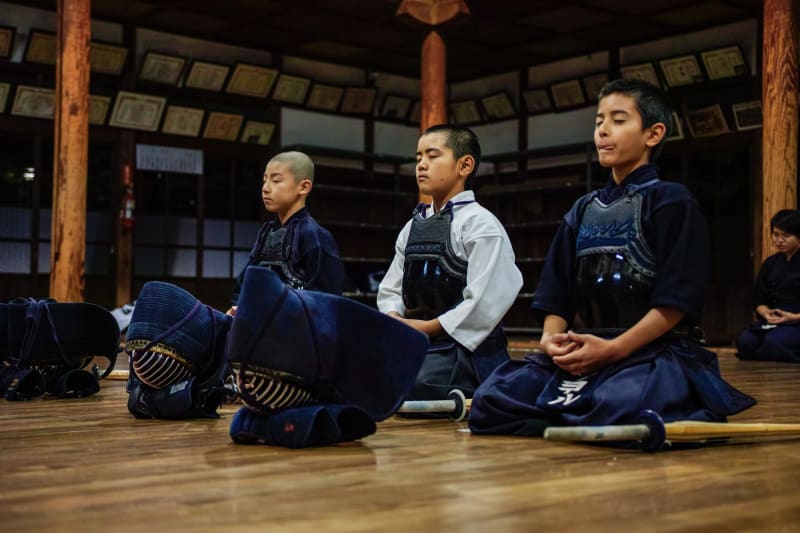
How to get there
From Tokyo Station, take the Shinkansen bullet train to Koriyama Station (1 hour 20 minutes), then take the train to Aizu-Wakamatsu Station (1 hour 20 minutes).
1-1 Ote-machi, Aizuwakamatsu-shi, Fukushima-ken and others

















































